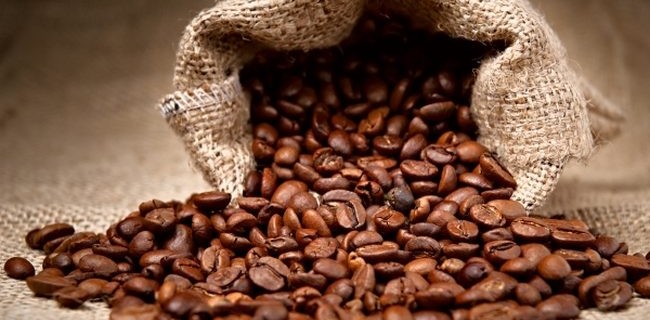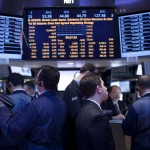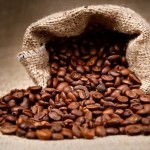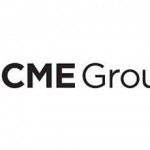ICO flags hedge fund role in coffee price tumble

Hedge funds are the primary cause of the drop in coffee prices which has driven both arabica and robusta futures to multi-month lows, the International Coffee Organization said, noting broad correlations in commodity moves.
The ICO, which said that coffee prices measured by its composite index had fallen by 2.7% in April to a nine-month low, said that speculators had led the “significant” drop.
“The sudden fall in prices in the second half of April is mainly the result of intensive activities of hedge funds selling off long positions,” the ICO said.
‘Very high exports’
The selling had reflected in part supply and demand fundamentals, with the organisation noting “the backdrop of an increasingly positive outlook for sufficient supply of coffee on the world market”.
While the ICO forecasts world production falling behind demand for a third successive year in 2016-17, this time by 3.48m bags, it said that “the combination of very high exports and growing inventories in consuming countries helped to overcome initial supply concerns”.
World coffee exports for the October-to-March period, the first half of the 20016-17 coffee marketing year, rose by 4.8% to 60m bags, with increases in beans from the likes of Colombia and Central America offsetting a fall in shipments from Brazil, the top growing country.
“Colombia has successfully recovered from the coffee leaf rust crisis, and increased production to levels last seen in the first half of the 1990s,” the organisation said.
‘Downward pressure’
However, the ICO also flagged the role of less discriminate selling, by funds viewing commodities as an asset class, rather than investing on the basis of supply and demand fundamentals.
“Like in the case of other agricultural commodities, the coffee market is experiencing downward pressure,” the organisation said.
“This development is part of a broader decrease of prices in view of supply expectations for agricultural and non-agricultural commodities.”
Trumpflation trade
Betting on commodities was a popular trade early in the year, spurred by the so-called “Trumpflation trade”, with ideas that the election of Donald Trump as US president would lead to economic stimulus measures which would boost price rises in assets such as raw materials.
However, managed money – having more than doubled its net long in futures and options in the main US-traded agricultural commodities the first seven weeks of 2017, nearly to 800,000 lots – has reversed rapidly since.
As of Tuesday last week, speculators held a net short of nearly 190,000 contracts.
While this trend has been led by positions in grains, it has been echoed in soft commodities too, in which managed money cut has its net long now for 10 successive weeks, the longest such spree on records going back to 2006.
In New York-traded arabica coffee futures and options, speculators have reversed from a net long of more than 27,000 lots in late January to a net short of more than 12,000 contracts.
While hedge fund investment is seen by many observers as a benefit, in improving market liquidity, some frown on cross-commodity investment which, in being less sensitive to demands of individual markets, may mute the signals from prices to producers to raise or lower output.
Price influences ahead
The ICO added that the supply outlook for the 2017-18 season “seems increasingly positive”, thanks to decreasing concerns over frost in Brazil and dryness in Vietnam, the top producer of robusta beans.
However, “given low stock levels in Brazil, any adverse weather events in the coming months would pose a risk to future supply from that country.
“Similarly, the threat of an outbreak of coffee leaf rust in smaller producing countries such as Honduras adds uncertainty.”
Source: Agrimoney.com




























